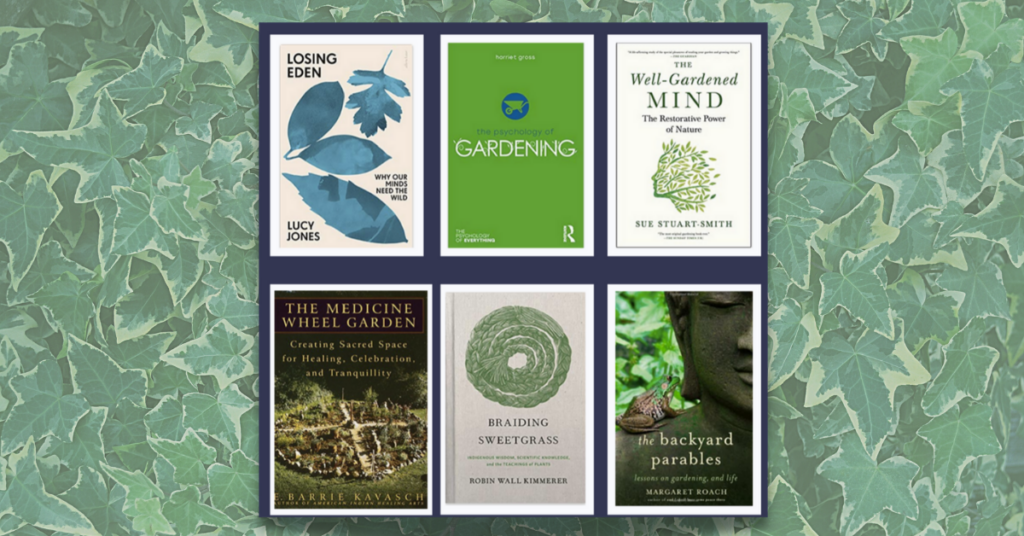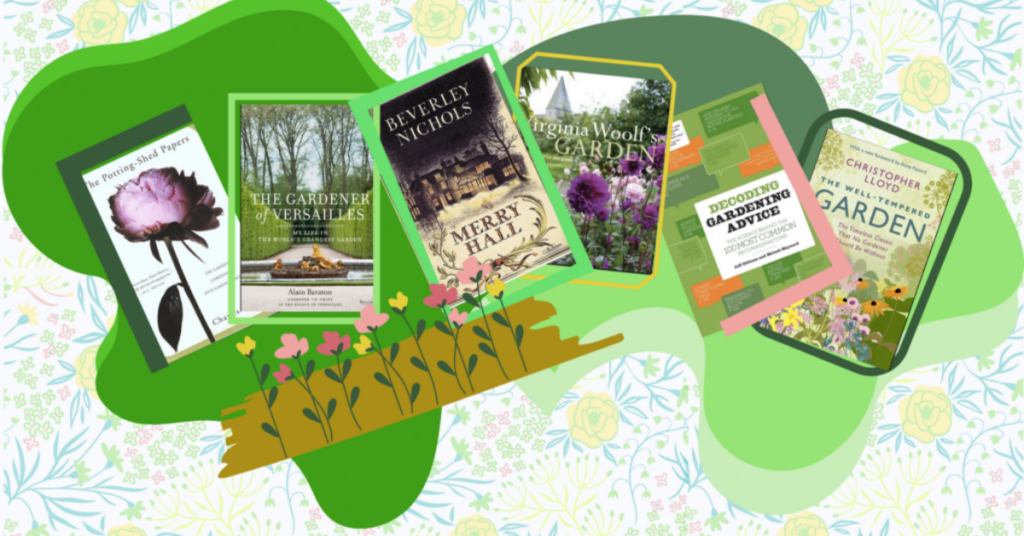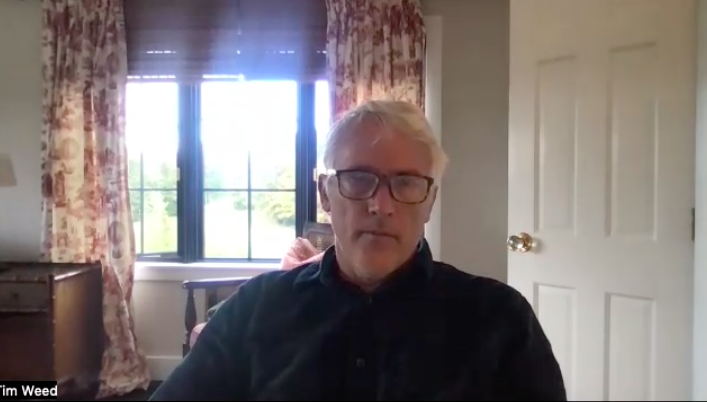Charlotte Matthews is a poet, a writer, a University of Virginia professor, and founder of Whistle Words, a community writing project—or “womanship” as she calls it—for those living with breast cancer.
Her latest collection of poems, The Half-Life of Regret (Unicorn Press, 2022) celebrates the every day and our interconnectedness with it, while also recognizing that contrasting feelings like sorrow and joy are inherent to the human condition.
Her Whistle Words program—with self-guided lesson plans publicly available for use in community workshops—is founded on a similar principle, empowering women to reclaim their sense of self by writing, sharing, and listening to the experiences of themselves and others.
Similarly, through her classes at University of Virginia, Charlotte tries to guide her adult students toward developing a love of the written word that provides them “a settled-ness, a sense of expansiveness, also a sense of empowerment” in the world.
In fact, all that Charlotte shares, while we talk about her latest collection of poems, represents for me an open invitation—to her readers and her students—to stop and reflect in order to begin to recognize what life contains and how words can speak to thoughts and feelings that sometimes we ourselves have not yet consciously acknowledged.
I am not surprised when she tells me that in her capacity as a teacher, she prefers to think of herself a Sherpa or river guide, rather than as an instructor.
The Half-Life of Regret
The Half-Life of Regret is Charlotte’s fourth collection of poems. She also has written a memoir, Comes with Furniture and People (Black Rose Writing, 2019) which was a finalist for the Indie Award in the category of Women’s Issues, and a novel The Collapsible Mannequin (Black Rose Writing, 2020)
When she and I talk, I tell her that her latest collection of poems reminds me of a New York Times article I once read about a man who lived on the top of a cliff to which sometimes people climbed to end their life. When asked by the reporter why he did not move, the man said because when he finds people approaching the ledge, he feels he is being given an opportunity to go to them and ask if they will join him for a cup of tea. The invitation is usually enough to get them to give up the idea of ending their life. Often, they later write to say because he took the time to connect, they did not jump.
At the center of Charlotte’s latest collection of poems is the eponymously entitled, “The Half-Life of Regret”, told from the perspective of a man standing poised to jump from the Golden Gate Bridge and who lately has been dreaming his dead mother is alive. Sometimes, he
still sees her: in line at the bank,
the laundromat, public places
where it’s possible to be indistinct.
She’s in the body of a much larger
person, but he knows it’s her
from the way she tilts her head
just slightly to the side.
And as he stands on that bridge, looking at his childhood christening photograph, he considers
the inviting expanse below him.
His gown drapes all the way to his mother’s
knees as the air around him turns
unexplainably still like the world
itself just wants to stop.
For Charlotte, poetry seems to provide both a stopping place and a channel through which we can make sense of how we feel.
When we talk, Charlotte tells me about a homeless man she recently encountered in Cincinnati who, agitated, tried to convince her that there was a difference between the devil and god, heaven and hell. She responded by telling him the dichotomy did not exist for her.
“He said: ‘You gotta know the devil is going to come and get you.’ He was earnest. So I just said to him, let’s recite a poem together, and I taught him how to do Wendell Berry’s The Peace of Wild Things.”
With her guidance, the man learned the poem’s lines, among them being:
I come into the peace of wild things
who do not tax their lives with forethought
of grief. I come into the presence of still water
And afterward, the man high-fived her.
Engaging in the Every Day
For Charlotte, in the every day is poetry that can be accessed through slowing down and connecting ourselves to what we observe.
Charlotte explains: “The term poetry has become this glass castle in a way and let’s get rid of that. I think everyday incidents are the most compelling poetry.”
When Charlotte teaches writing to adult students who come to her class, often at the end of their long shift at work, her most important grading criteria is that her students be present and actively engage: with the group, with the written word, and with their thoughts.
“That’s how I think life should be,” she says. For her first homework assignment, she has her students go home, turn off their phones, and spend thirty minutes observing, preferably while walking outside.
“People are always asking for a definition of poetry and one of my professors at Warren Wilson (College) said a poem is human inside talking to human inside. It might also be reasonable person talking to reasonable person. But if it’s not human inside, it’s not a poem. And I feel like so much of our discourse as human beings has a superficial element and that if we can get to the inside and if we can talk about, sort of unfurl what’s going on inside, then the talk can become real talk.”
What Good Writing Brings
When I ask Charlotte to further elaborate on what writing brings to both her readers and students, she references the writer Maya Angelou.
“I think of a story of Maya Angelou’s, a real story, it may be in one of her memoirs, she finally crossed the railroad tracks in Stamps Arkansas to take a book out from a library and the librarian handed her Jane Eyre. She went home and read it expeditiously, returned the book, and the librarian I think expected her to say, I don’t get it and she’s, like, thank you, this is my story, I’m trapped like Jane. Obviously a different time, socioeconomically, racially, (but) I think that is what good writing does. It crosses bridges over water that we don’t even see.”
The Half-Life of Regret is that: a bridge, carrying us along and into poems through which runs not only sadness and despair, but also currents of hope and joy—feelings we share, opposing though they may appear.
In the poem “K-Mart’s Closing” which is narrated in first person, a person visits a closing K-Mart “and everything’s on sale. Even the bathmats look beleaguered.” A miniature plum tree, purchased at half-price, looks at the buyer regretfully, as if “both of us are doomed.” But then, as if in contrast, the narrator attends a mindfulness group and the oldest man responds to the K-Mart story by showing “a photo of a cobalt blue butterfly that floated just that morning right over his yard.”
Or in the poem “My Daughter Gets Her Wisdom Teeth Extracted”, a mother sits in the waiting room with another woman, mouths agape, watching a television show about flea markets, when the woman says: “You really have to have an imagination.” And the mother then remembers that as a child, cleaning erasers was “both a punishment and a privilege.”
A Lit Room
“There is no optimistic blindness,” the poet and critic Randall Jarrell once wrote of the poems of William Carlos Williams who explored the common and the banal of every day life with lingering emotional resonance.
In The Half-Life of Regret, the feelings evoked—like the very feeling of regret itself—also linger, with no clear resolution, no unequivocal catharsis, no satisfying emotional arc at the end.
Charlotte is unapologetic. “One of the luxuries of being a poet, I am not worried about an arc. Yeats said a poem is like a phantasmagoria, a light show. That’s what a poem is. A lit room.”
That does not mean Charlotte wants us to feel alone in that room. The Half-Life of Regret is hard to precisely measure and, like Carlos Williams’ poems, is absent optimistic blindness. But Charlotte’s work guides us toward that place of peace and stillness. A place where joy sits with sorrow, where through words we can connect to our humanness, where outside us is a world that for a time maybe spins not quite as quickly as it previously did.
“I want my reader to walk away feeling that they have a friend in my book of poems. You never know when someone might want to jump off the Golden Gate Bridge. You never know when your mother’s bath might be the last one. You never know, so let’s just slow it all down and be with it.”




